It’s hard to do genealogy well without studying your ancestors’ Friends & Family, Associates, and Neighbors – their FAN club. If your ancestors are Irish, you might have no luck at all without those FAN principles. But if you combine FAN club research with DNA, you might have just the winning ticket to get you back to your Irish ancestor’s origins. In this case study presentation, learn how focused research pointed the way from Ohio to townlands in County Mayo for an 1850s-era Irish immigrant.

Already a member? Log in



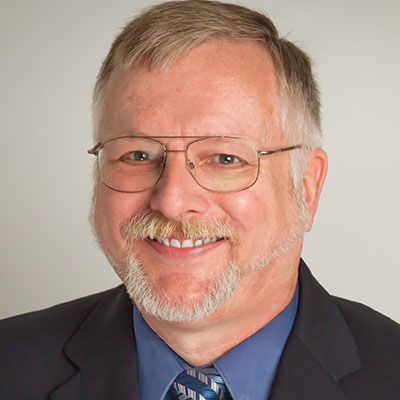
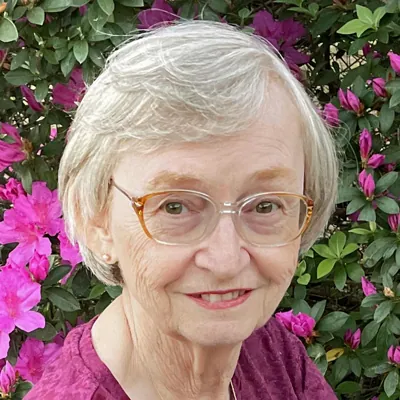
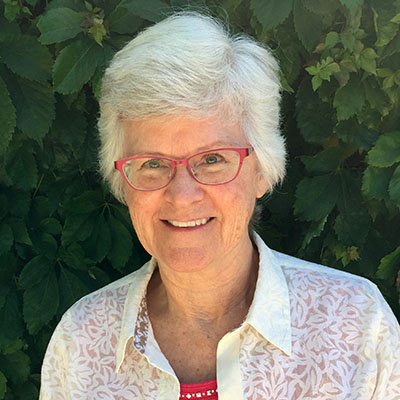
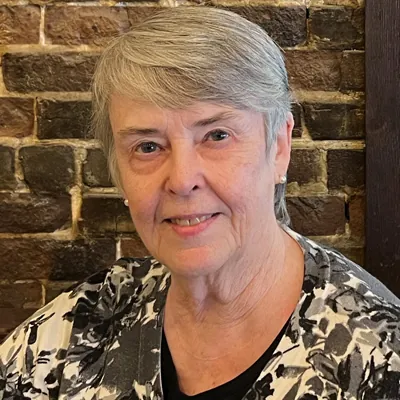
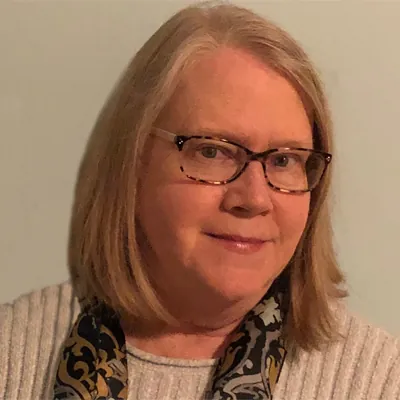
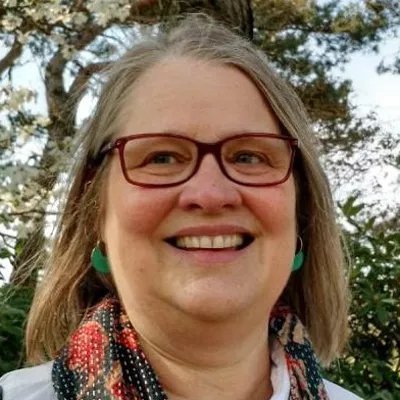
You should receive a confirmation email with a link to the webinar soon.
You’ll also receive a reminder both the day before and one hour before the webinar begins.
Didn’t receive a confirmation email?
You successfully registered for %s.
You should receive a confirmation email with a link to the webinar soon.
You’ll also receive a reminder both the day before and one hour before the webinar begins.
Didn’t receive a confirmation email?
To ensure a smooth, high-quality webinar experience, check the quality of your internet connection.
On the day of the webinar, connect 30–40 minutes before and turn off any background software. If you can’t tune in live, you can view the recording later in the Webinar Library. If joining via a mobile device, be sure to first install the free GoTo app.
Questions? Contact us or read our FAQ.
It looks like you’re already registered for this webinar
You can register for another webinar.
Didn’t receive a confirmation email?
It looks like you’re already registered for these webinars
You can register for another webinar.
Didn’t receive a confirmation email?
Something happened on our end, sorry about that
We were unable to complete your registration.
Please try again later.



 Syllabus
Syllabus
Although my research is focused on the Italian history of my ancestor’s FAN club from the towns around Vittorio Veneto and their migration to NYC USA, 1880-1920 I learned a great deal of general resources and research metholology in this webinar.
Great Presentation, Mary!
I have been working on how to find where my Irish ancestors came from for the past year. This seminar gave me quite a few hints for me to follow to make some head way and maybe break my brick wall.
Provided many useful hints about searching for neighbors in the census and searching several pages before and after for FAN club members. Also county histories could be a great help.
I love case studies and one from Ireland with the FAN club and DNA is even better.
Excellent presentation. I love case studies and want to see more of them. No matter what ethnic group they cover, I can still learn something, even if my ancestors aren’t from that particular area.
I loved seeing the FAN being shown as examples. I do use it. Seeing the research done jump started me, thank you!
Loved seeing how she arrived at her people and where they came from. Looking forward to watching this one again!